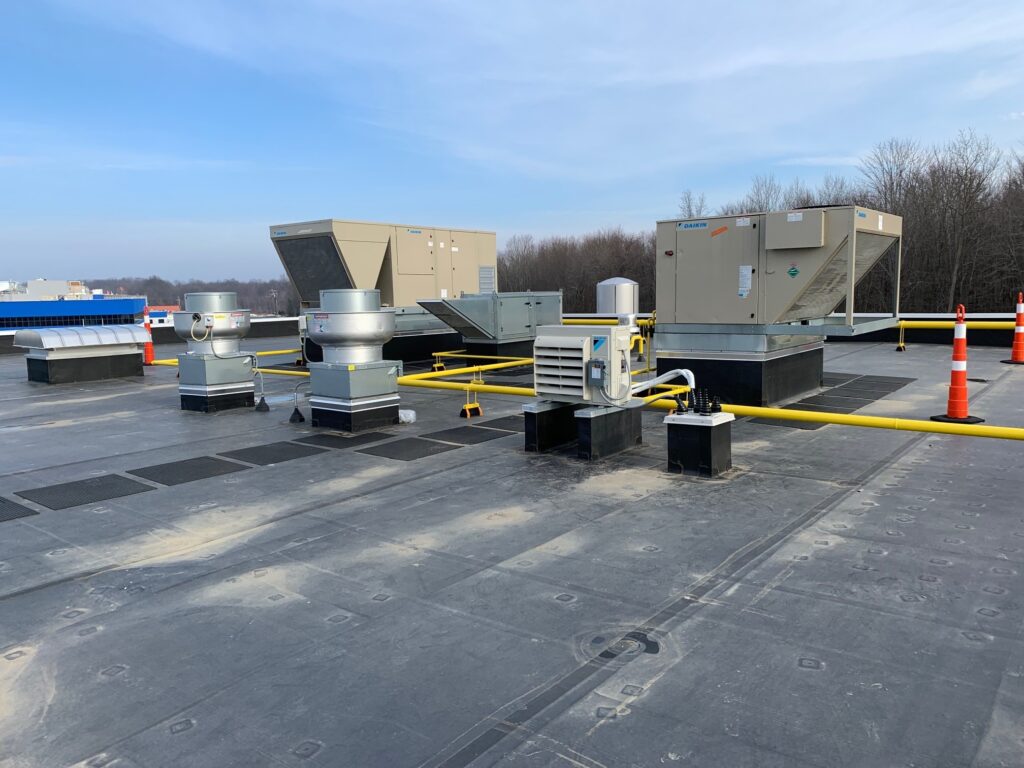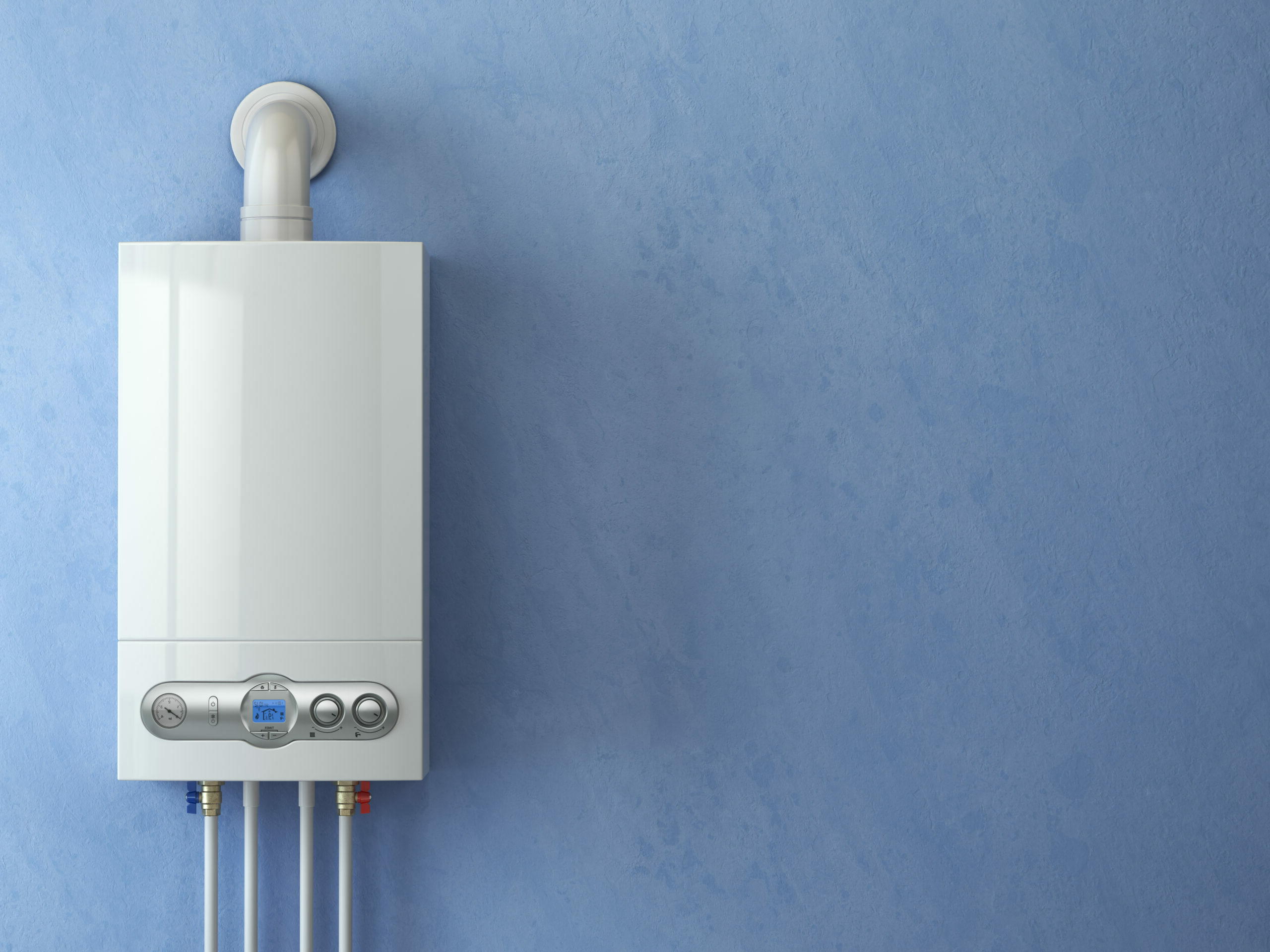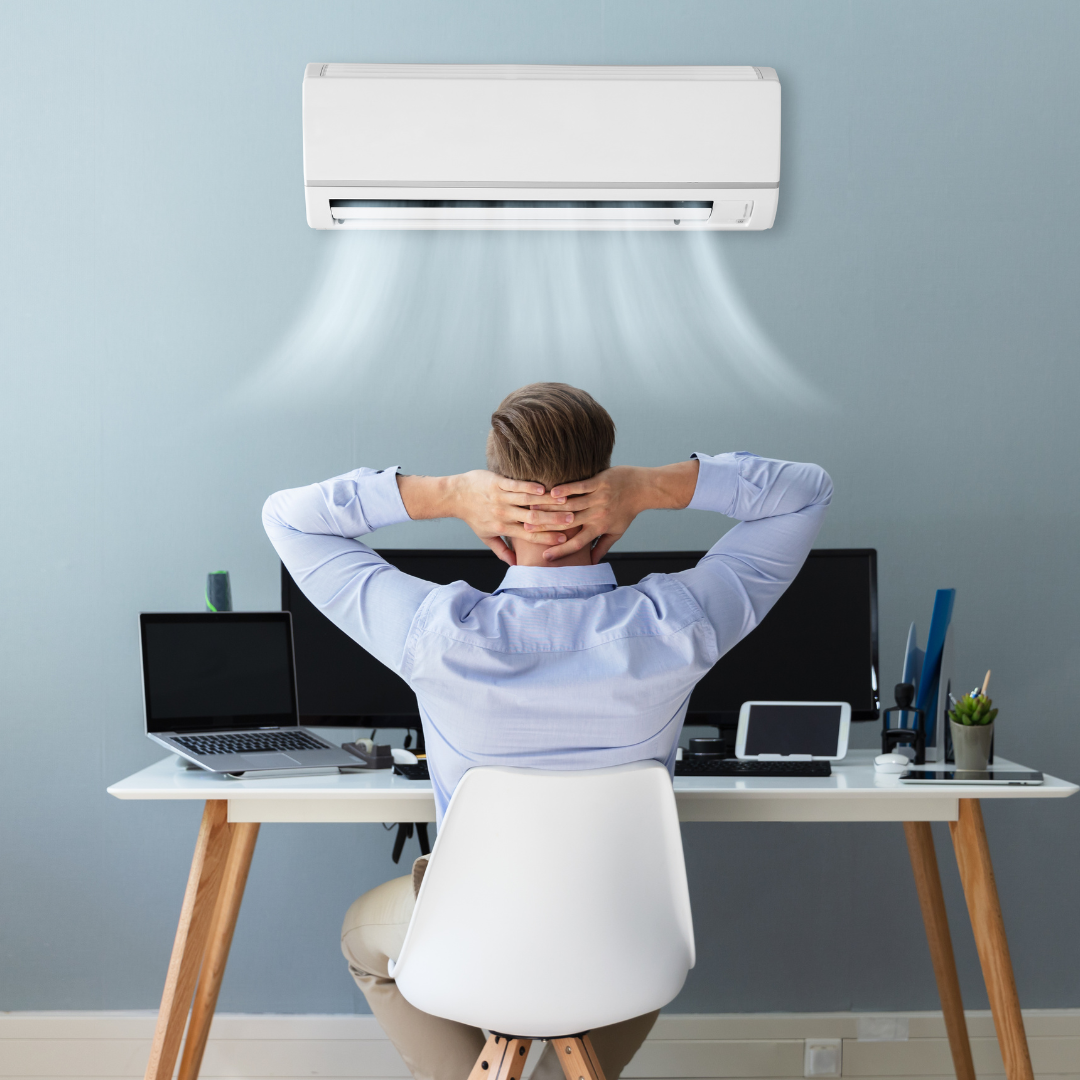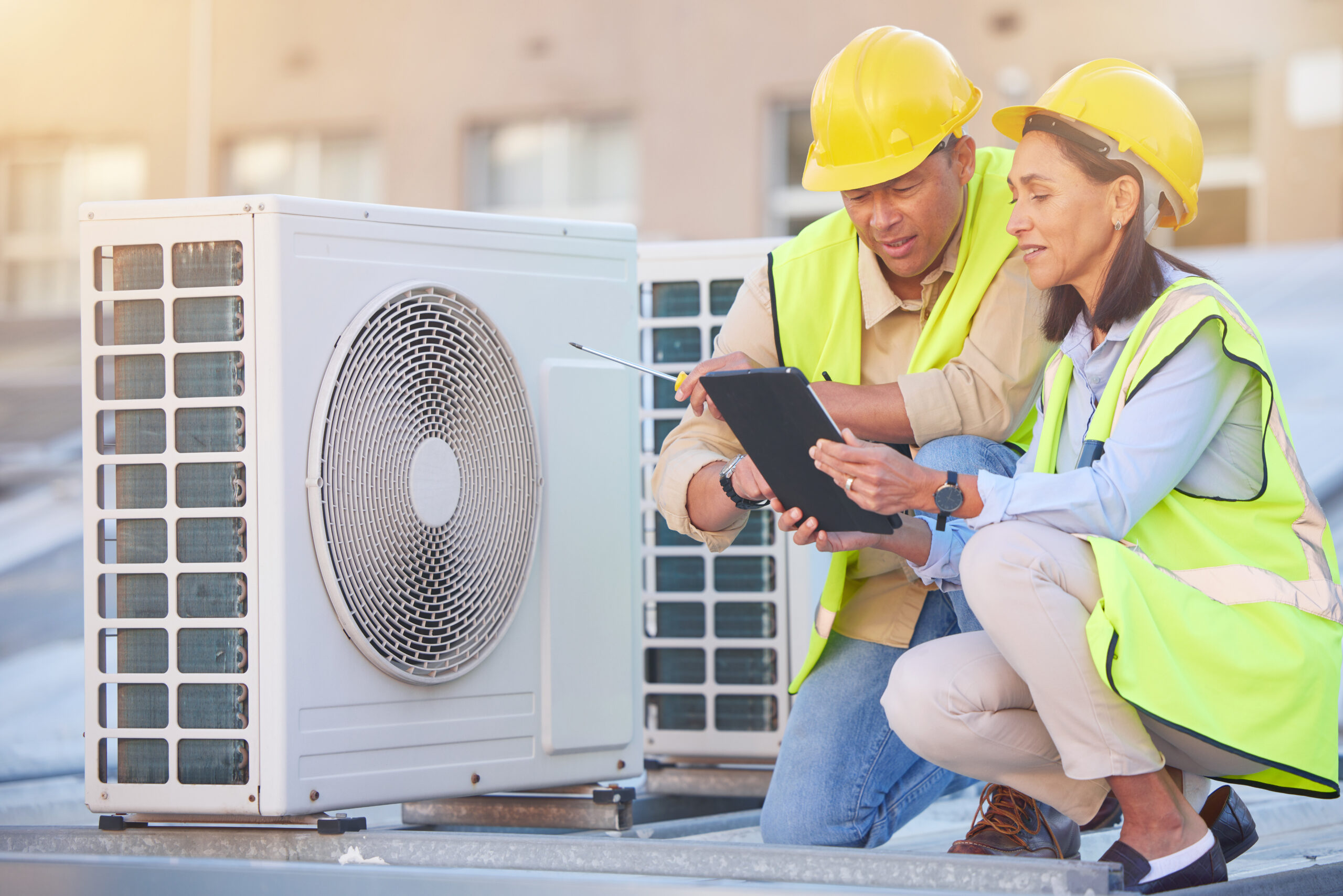Do you sometimes feel like your favorite HVAC technician is speaking a different language than you? While yes, they could be, since it’s common to have multi-lingual speakers on an HVAC team, we’re not really talking about that kind of language. We’re talking about the language of HVAC!
When you run into a problem and you call a professional for help, it can be downright discouraging when they’re talking about things you’ve never heard before. It feels like being in school again and you forgot to do the homework so you don’t understand what’s being taught in the class. It’s so frustrating!
So, today we’ve devised a tool to help you avoid this scenario. We’re going to talk about some handy terms you can keep on hand so the next time you call for heating repair in Rocky River, OH, you know exactly what your technician is talking about.
Terms to Be Familiar With
When you hear one of the following words or phrases, it’s important not to be alarmed. We don’t use these terms to purposely confuse customers. If anything, these terms are a testament to how complex your heating system is. Feel free to work with us to take down these terms; you can always ask our friendly technicians to clarify something!
- Heat exchanger. Every gas furnace has a component called a “heat exchanger” that basically exchanges heat from the air filled with carbon monoxide and exhaust, to the clean breathable air of your home. Any problem with this component is serious, because it could translate to a safety concern for your family.
- Air filter. When we say “air filter” as we talk about your heating system, we’re not talking about indoor air quality equipment. Every forced-air heating system actually has a built-in air filter that siphons out contaminants from the air for the sake of the heater’s internal components.
- Refrigerant. Do you use a heat pump? Well, the material that’s responsible for transferring heat from outside to inside is called refrigerant! If your system is leaking refrigerant or it doesn’t have the proper type of refrigerant, then you might have some problems that need professional attention.
- Burner. The component in a gas furnace that’s responsible for burning the gas and creating heat is the burner. This part is vital and can cause your heating to come to a complete halt if it encounters a problem.
- Blower. Your heater uses a blower system to move the heat from the combustion chamber to the air ducts in your house. This component usually has a motor and a built in fan.
- Blower motor. The blower motor is responsible for powering the fan that pushes hot air through your air ducts. If there’s a problem with your blower, it can likely be coming from this component.
- Capacitor. How does your heater start or stop? A capacitor is an electronic component in the system that signals it to start running or stop running when your thermostat demands it.
These terms are just a start! Don’t forget to call us if you have any questions.
Call Westland Heating, Air Conditioning and Plumbing to invest in professional heating services.








